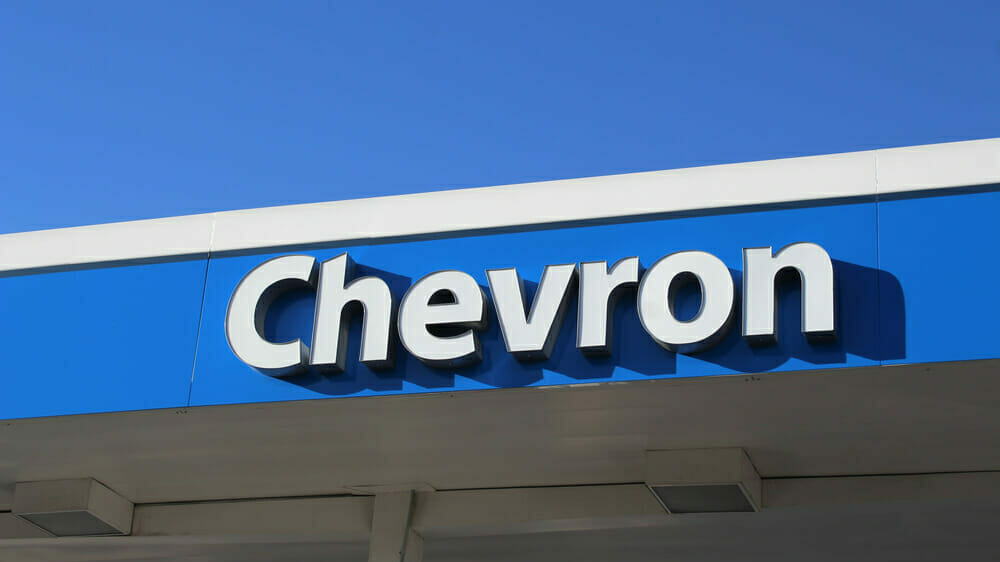Chevron confirms its plan to increase oil output at Tengiz

Chevron Corp., one of the biggest oil producers in the U.S., is planning to increase oil output at the Tengiz oil field in Kazakhstan by up to one million barrels per day, according to state news agency Kazinform, citing CEO of the company Mike Wirth, who attended the CERAWeek conference in Houston.
As Wirth noted, Chevron has a project that can increase oil output to one million barrels per day in Kazakhstan.
The expansion project is set to start its operation as the construction phase has already been completed. The company will put into operation the remaining facilities over the period from 2023 to 2024, the news agency reported.
Chevron holds a 50% interest in Tengizchevroil, which operates the Tengiz and Korolevskoye oil fields. Among other stakeholders of the company are ExxonMobil (25%), KazMunayGas (20%) and Lukarco (5%).
In 2008, TCO completed its Sour Gas Injection and Second-Generation Plant (SGI/SGP) expansion project, which brought daily production capacity to approximately 75,000 tons (600,000 barrels) of crude oil.
Today, the company is implementing the integrated Future Growth Project – Wellhead Pressure Management Project (FGP – WPMP) designed to further increase total daily production at Tengiz. WPMP will keep the existing Tengiz plants full by lowering the flowing pressure at the wellhead and then boosting the pressure to the inlet requirements of the six existing processing trains.
In November 2022, Magzum Mirzagaliyev, head of KazMunayGaz said that the WPMP will boost the oil output from Tengiz by 40%.
In February 2023, ExxonMobil warned investors about potential risks for its oil operations in Kazakhstan. At the time, the company said that it could experience a loss of cash flow of uncertain duration from its operations in Kazakhstan if oil exports through the CPC pipeline are «disrupted, curtailed or temporarily suspended.» In contrast, in October 2022, Chevron Corp. CFO Pierre Breber said that Tengizchevroil’s full production would flow through the Caspian Pipeline Consortium (CPC).
The CPC pipeline system mainly collects crude oil from large oil fields of West Kazakhstan, as well as crude oil from Russian producers, and transports it to the sea terminal in the port of Novorossiysk. This system is the main export route for Kazakhstani oil. In 2022, the CPC transported 58.7 million tons of oil, a 3.3% decrease compared to 2021.
Kazakhstan is expected to reach the peak of its oil flow through the CPC by the end of 2024. If the country decides to build an alternative pipeline, it will take about five years, Kazakhstan’s Ministry of Energy said.

